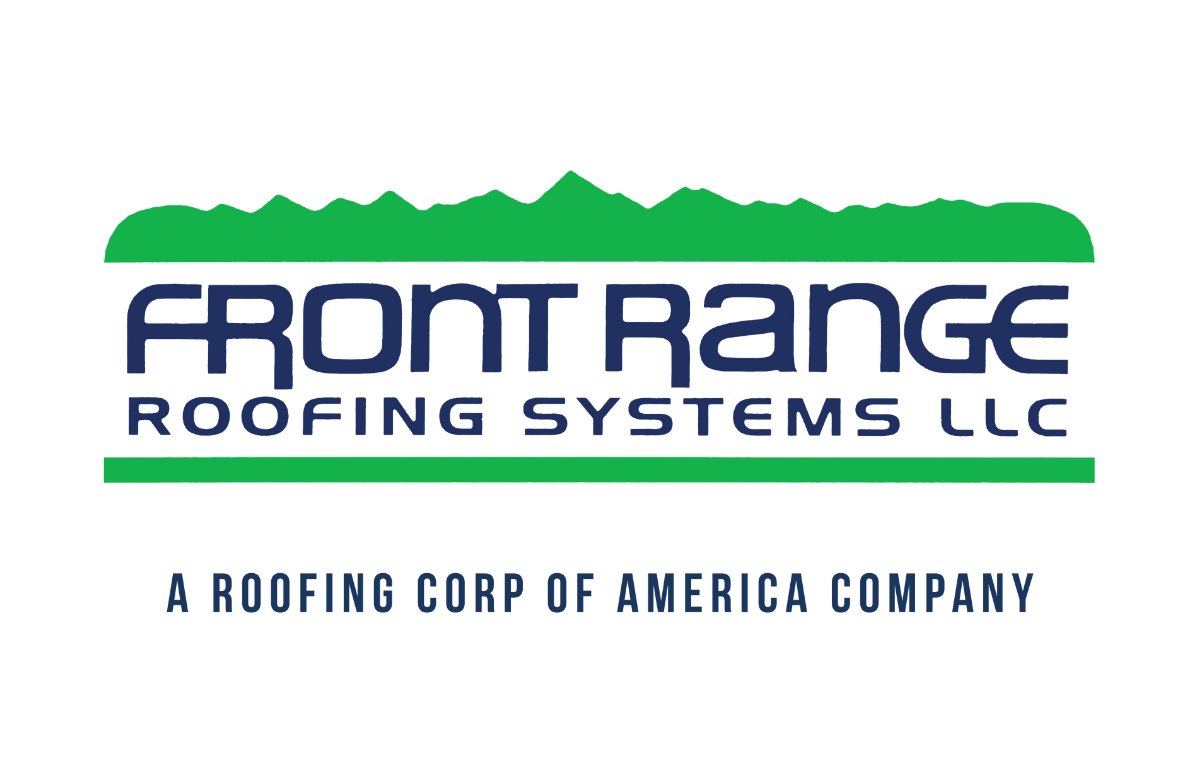Denver Commercial Roofing Companies: The Dangers of Using Subcontractors
Denver commercial roofing companies should consider some important questions before hiring subcontractors.
Finding great partnerships in the commercial roofing industry can be a life-saver, especially when you manage several properties and run a lot of larger industrial projects. You could be researching Denver commercial roofing companies for a few reasons. Perhaps you are looking for reputable companies to subcontract to, or you might be looking for someone to help with your industrial roofing project.
There are many reasons for a commercial roofing company to subcontract their projects. The decision could be based purely on profitability and scalability. Likewise, there could be a shortage of skilled labor with unusually high demand—the list goes on and on. In a fast-growing area such as Denver, Colorado, finding a commercial roofer who is available to help with your project or repair can be daunting. Before subcontracting your commercial roofing projects—or before hiring a commercial roofer that subcontracts their work—there are many questions to consider.
- What is the company’s subcontractor policy with regard to job site rules and regulations, particularly around safety?
- How does the main commercial roofing company oversee the quality of the subcontractor’s work? What kind of quality assurance process do they have for subcontracting?
- Does the subcontracted company have proper insurance, and can they produce the paperwork as proof?
- What is the policy for defective work performed by a subcontractor?
We don’t want to suggest that subcontracting is ALWAYS a bad idea. There are plenty of good companies out there with skilled laborers who can help manage project demand, but it’s important to have strong business processes around subcontracting (along with asking important questions before hiring a company that subcontracts their work).
How are job site rules and regulations being monitored by the commercial roofing company?
Safety and skill on the commercial roofing job site are incredibly important. Ensuring the subcontracted company has skilled laborers with the necessary certifications and training is one thing, but managing this onsite is a different animal. Do you have someone from your team on the ground, confirming proper safety procedures are followed? Have the subcontracted employees gone through any kind of training program to ensure a consistent project delivery? Are they following the company’s standard operating procedures that have been explained to the end customer? It can be hard to manage another company that has its own way of doing things, so this is a very important thing to consider for Denver commercial roofing companies and customers alike.
When using subcontractors for commercial roofing projects, how is the quality of the work monitored?
There’s nothing worse than getting an emergency call related to poor craftsmanship right after an installation or a restoration is complete. Running appropriate quality assurance checks at project milestones can help you avoid these situations (which can damage your reputation). It takes years to build a good reputation for quality and service, but it only takes one bad job to ruin that reputation. Having a designated, skilled team member onsite to run your company’s standard quality assurance processes is very important. Some commercial roofers find that this risk outweighs the reward altogether!
Does the subcontracted company have the necessary insurance?
You’ll want the subcontracted company to have a certificate of insurance that proves what policies they have in place—and you’ll want to verify that COI with the company’s insurance broker. Standard and property commercial general liability (CGL) is required, and the limits need to match the job appropriately. You’ll also want to make sure they have a worker’s compensation policy that makes sense for the work being performed as well. Doing this will help you avoid having insufficient coverage if a workplace accident (or property damage) occurs. This is dangerous work, so it’s extremely important to verify the insurance policies. Safety procedures help mitigate accidents, but unfortunately, they will still happen.
What is the policy for defective work and maintenance? Is the subcontracted company bound to the property?
Getting some legal ducks in a row is never a bad idea, especially when it comes to subcontractor agreements. Like buildings, great partnerships are built upon a solid foundation, and it starts with the agreement. This can outline important items such as how warranties work, how ongoing maintenance works, where they get their parts and supplies, service rates, insurance requirements, and more. It’s also important to update these agreements every year based upon the year’s “learnings.”
Why do we stay away from subcontracting?
Weighing out risk vs. reward is part of every business owner’s job. At Front Range Roofing Systems, we have decided that keeping everything in-house is the best way to control quality, service, and business process refinement. Not only do we only use in-house employees who have gone through rigorous training. Maintaining a strong grasp on our level of project delivery is why we’ve been able to grow in Denver over the past 30+ years—and all along the Northern Front Range of Colorado and Wyoming. If you are looking for commercial roofing in Denver, Colorado, give us a call so we can talk through our process and answer any questions you may have.
